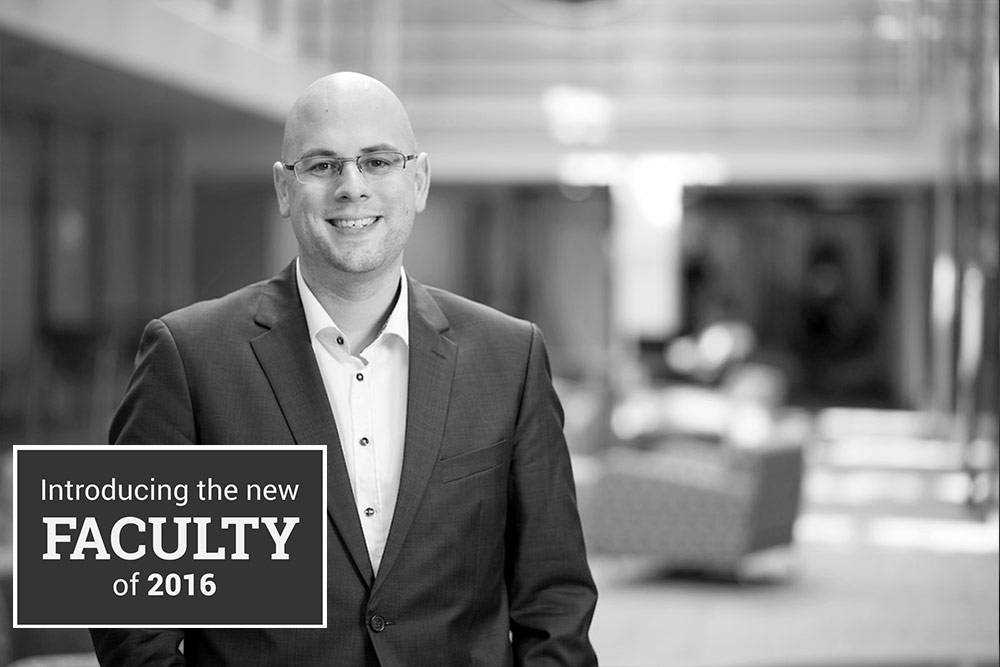Daniel Stegmueller: Putting a Human Face on Big Data

Growing up in a small city near Karlsruhe, Germany, Daniel Stegmueller rarely witnessed inequality – it is much less visible than in the United States, he says.
The son of a construction worker, he was “a working-class kid” and “never felt disadvantaged.”
But while studying political science and economic history as an undergraduate at the University of Mannheim and at Johns Hopkins University, he began to see the role of inequality in a larger context. “I took sociology classes on the side and people described how inequality looked,” he says. “I became interested in it.”
That experience put a human face on the data-centric subjects he had been studying, creating in him a desire to find scientific answers on the role of inequality in modern societies and how it influences a person’s decision-making.
“People, they do matter,” says Stegmueller, who began this fall as an assistant professor of political science at Duke. “What I’m interested in is how governments shape the economy, the redistribution of wealth, and what role citizens’ beliefs and preferences play in that process.”
Stegmueller went on to earn his master’s degree in political science and economic history from the University of Mannheim, then a Ph.D. in social sciences from Radboud University Nijmegen in the Netherlands.
Before coming to Duke, where he will begin teaching political economy next spring, Stegmueller taught as a professor of quantitative methods at the Graduate School of Social and Economic Sciences, University of Mannheim and as a lecturer in the Department of Government, University of Essex.
From 2011 to 2012 he was a Prize Research Fellow at Nuffield College, University of Oxford.
In his research, he also studies the politics of redistribution, taxation, individuals' political preferences and redistributive voting, as well as other pertinent topics at the intersection of political economy and citizens’ political behavior.
“I am interested in how these are shaped by social structure and institutions, but also by basic individual characteristics, such as cognitive and non-cognitive skills,” he says.
Titles of some of his work bear this out:
- “Religion and Redistributive Voting in Western Europe ”
- “The Political Economy of Risk and Ideology”
- “Local Union Organization and Lawmaking in the U.S. Congress”
- “Cognitive Ability, Labor Markets and Social Policy Preferences."
One paper in the works (with Pablo Beramendi and Asli Cansunar, both at Duke) examines support for Donald Trump and Bernie Sanders in recent U.S. primaries. It studies how local inequality -- how far the poor are from the middle class and the middle class from the rich -- fosters support for these candidates.
In areas marked by a large disparity between the poor and those with median incomes, primary voters were much more likely to support Donald Trump as the Republican candidate, their research found.
Previous research he’s done looked at public support for raising taxes to help pay for more law enforcement and other resources to fight crime.
“Where there’s higher crime rates and more fear of crime in Western Europe, even the rich were more supportive of raising taxes,” he says. “Some other studies found that reducing inequality reduces actual crime. I seek to explain how people respond to these ideas.”